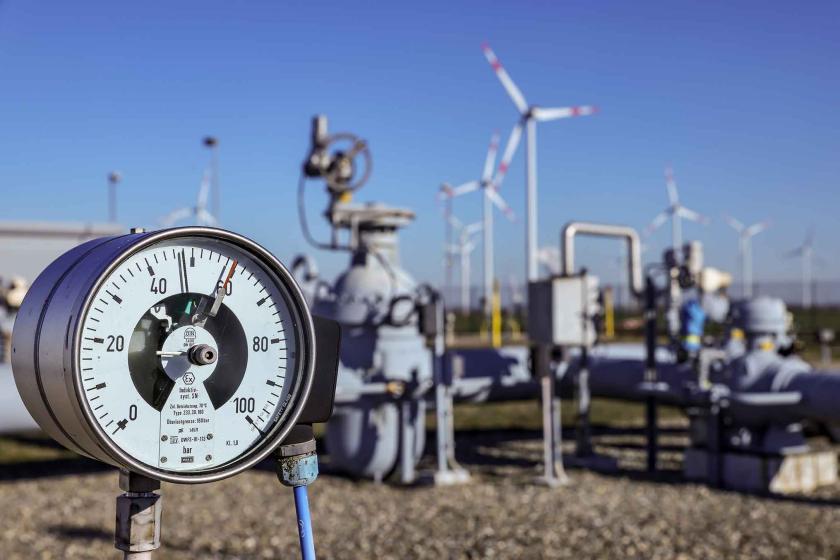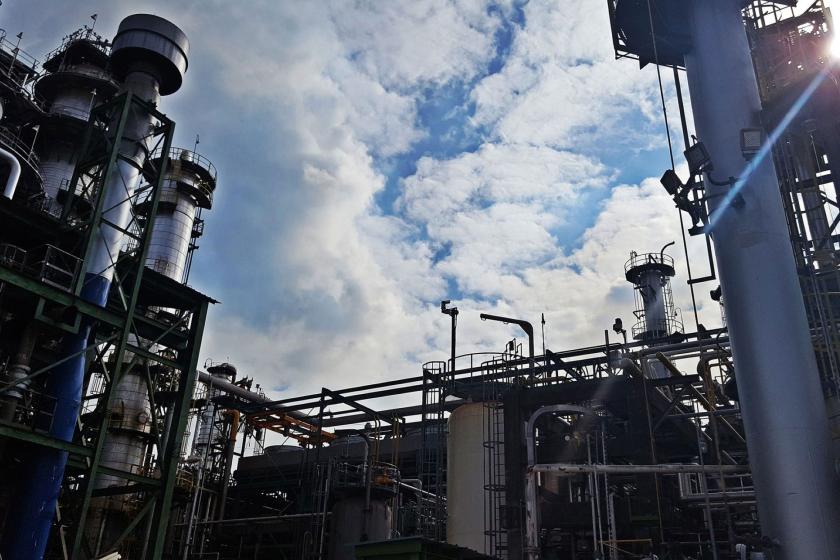Margarita Balmaceda is a political scientist working at the intersection of international relations, the political economy of authoritarianism and democracy, and technology. She is Professor of Diplomacy and International Relations at Seton Hall University. Her research analyzes the connections between natural resources, technology, international relationships and political development, with a special expertise in energy-industrial chains such as steel and fertilizers in Russia, Ukraine, and the EU. Her education includes a Ph.D. in Politics from Princeton University, Post-doctoral training at Harvard University, and ongoing training on metallurgical technology through courses at the World Steel University. Using her Ukrainian, Russian, Hungarian and German skills, she has conducted extensive research in Ukraine, Russia, Belarus, Lithuania, Moldova, and Hungary with the goal of studying energy and resource politics and relationships from “inside” and looking at the goals and interests of local stakeholders.
Her latest book, Russian Energy Chains: the Remaking of Technopolitics from Siberia to Ukraine to the European Union (New York: Columbia University Press 2021) received the Marshall D. Shulman Book Prize for an outstanding monograph dealing with the international relations of the former Soviet Union and the Ed A. Hewett Book Prize for an outstanding monograph on the political economy of Russia, Eurasia and/or Eastern Europe. In addition, she is the author of three other books on the energy politics of the region, including Living the High Life in Minsk (Central European University Press, 2014; paperback edition 2023) awarded the prize of Best Foreign Book on Belarus published in 2013 and 2014, and The Politics of Energy Dependency: Ukraine, Belarus and Lithuania Between Domestic Oligarchs and Russian Pressure (University of Toronto Press, 2013), awarded as “Outstanding Academic Title” by Choice in 2014.
During 2020-2021 she was Jacyk Distinguished Fellow in Ukrainian Studies at the Harvard Ukrainian Research Institute, where she worked on “Mariupol Between Oligarchs, Russian Aggression, and Global Metallurgical Markets.” She spent 2022-2023 as a Fulbright Fellow in at the Research Institute for Sustainability (RIFS) in Potsdam, Germany learning about the technological side of her new book project, The Last Frontier of Decarbonization: Hidden Industrial Carbon between Geopolitics and Climate Change (under contract with Columbia University Press).












